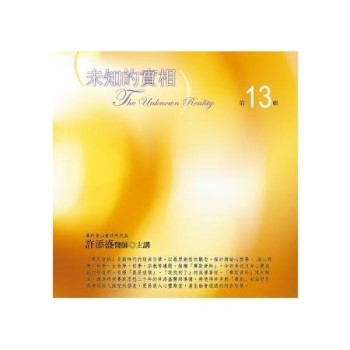Between 1585 and 1631, the Spanish playwright Lope de Vega wrote more than forty-five plays dealing with the theme of conjugal honor. Drawing on recent feminist theories and touching on literary, social, and anthropological aspects, Professor Yarbro-Bejarano demonstrates that hierarchical relations of gender, race, and social status mutually inform one another as structuring principles of these plays. She takes into account plays that reveal their conventional, formulaic views of the Christian feminine ideal as well as those whose variety and flexibility present women subverting their expected roles. By identifying moments of resistance and subversion in the texts, the author argues against excessively monolithic interpretations of such discourses of containment. Yarbro-Bejarano's provocative study explores the ways in which the plays' production and consumption conform to the author's role as cultural mediator and to the audience's potential for multiple and contestatory responses. The pleasure of such negotiations, together with that of witnessing the predicaments of both male and female subjects trapped by contradictory constructs of gender and sexuality, helps explain the popularity of this sub-genre.
| FindBook |
有 1 項符合
Feminism and the Honor Plays of Lope De Vega的圖書 |
 |
Feminism and the Honor Plays of Lope De Vega 作者:Yarbro-Bejarano 出版社:Purdue University Press 出版日期:1994-01-01 語言:英文 規格:精裝 / 324頁 / 23.4 x 16.3 x 3 cm / 普通級/ 初版 |
| 圖書館借閱 |
| 國家圖書館 | 全國圖書書目資訊網 | 國立公共資訊圖書館 | 電子書服務平台 | MetaCat 跨館整合查詢 |
| 臺北市立圖書館 | 新北市立圖書館 | 基隆市公共圖書館 | 桃園市立圖書館 | 新竹縣公共圖書館 |
| 苗栗縣立圖書館 | 臺中市立圖書館 | 彰化縣公共圖書館 | 南投縣文化局 | 雲林縣公共圖書館 |
| 嘉義縣圖書館 | 臺南市立圖書館 | 高雄市立圖書館 | 屏東縣公共圖書館 | 宜蘭縣公共圖書館 |
| 花蓮縣文化局 | 臺東縣文化處 |
|
|
圖書介紹 - 資料來源:博客來 評分:
圖書名稱:Feminism and the Honor Plays of Lope De Vega
|











